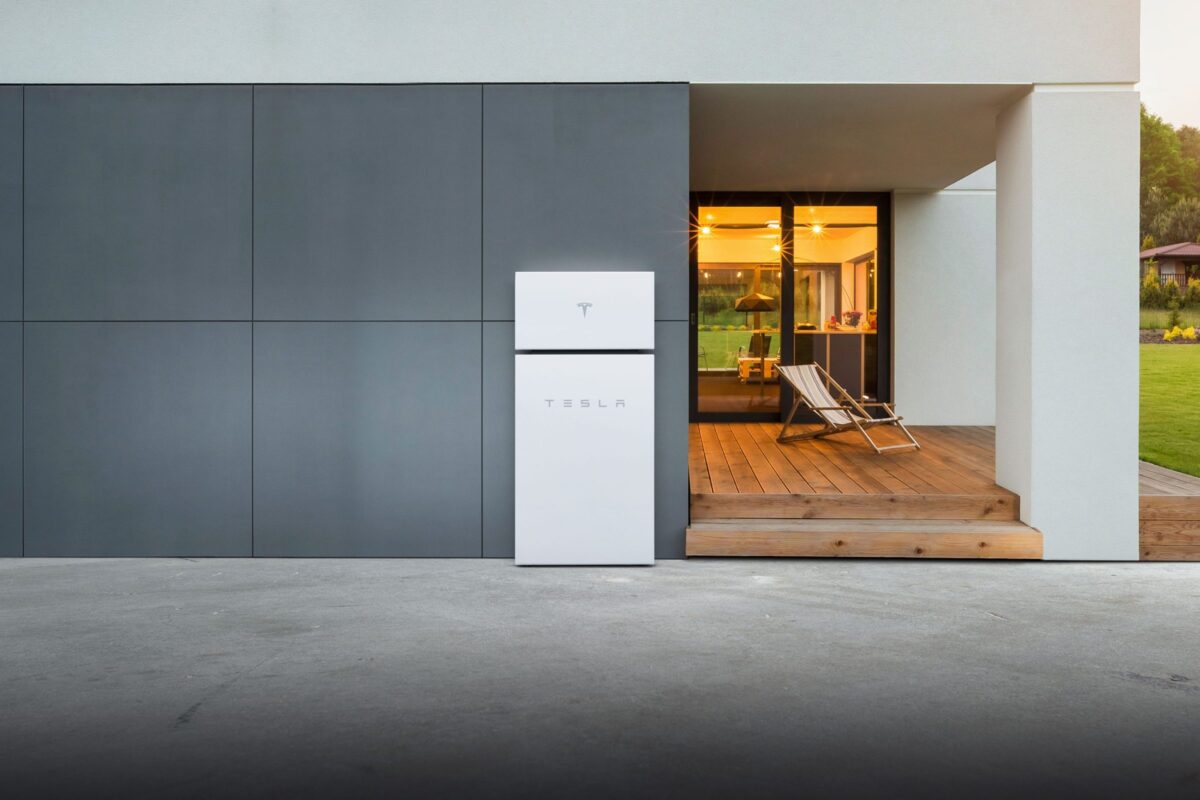The Senate Finance Committee has forwarded its draft of the “One Big Beautiful Bill,” in an ugly outcome for U.S. clean energy.
First, it cuts the 48E Investment Tax Credit for solar and wind energy projects, which covers 30% of installed system costs. The credit is reduced to 60% of its value by the end of 2026, 20% of its value by the end of 2027, and all projects beginning construction by 2028 are ineligible for the credit.
All other qualified technologies, including energy storage, are phased down to 75% value for projects beginning construction in 2034, 50% in 2035, and 0% after 2035.
In a notably anti-consumer and anti-small business move, the 25D residential solar tax credit is cut much earlier, 180 days after the bill is enacted into law.
The same goes for the residential efficiency projects, batteries, and heat pump credits, all are eliminated within 180 days of enactment.
The 30D and 45W electric vehicle tax credits are eliminated for purchases made 180 days after enactment, and the used EV credit is cut 90 days after enactment.
Tax credit transferability, or the ability for clean energy asset owners to sell tax credits to entities with tax appetites in exchange for cash, is retained under the bill.
Language related to Foreign Entities of Concern (FEOC) is “substantively different, but still applied throughout,” said Jesse Jenkins, professor of macro-scale energy systems, Princeton University.
The Senate draft is “hot trash and terrible for America. But it is marginally better for clean energy credits,” said Jenkins in a post on the social media platform Bluesky.
pv magazine USA will continue to provide coverage and reaction to the “One Big Beautiful Bill Act.”
The article was amended to show credit eligibility is defined by start of construction, not when they are placed in service.
This content is protected by copyright and may not be reused. If you want to cooperate with us and would like to reuse some of our content, please contact: editors@pv-magazine.com.









Hi,
Is it really that bad? All public solar companies are dropping hard.
But this senateversion is better than the original house version, and with the phase out of ITC and keeping the manufacturing credits, utility soalr should be fine, or not?
Or would this law seriously challenge further projects.
Thanks
Every rural communitity in America that has been bombarded by wind, solar, battery storage, or carbon capture is thrilled to hear that subsidies are on the chopping block. Our communities have been devastated by these projects… destroyed roads, drainage/flooding problems, loss of property value for adjacent home properties, and developers not keeping their end of road, drainage, economic development agreements. Our grids are threatened with blackouts because of too much intermittent, unreliable energy. ALL subsidies should be subject to the 180 day cutoff date. Forget the stepped phaseout… they’ve had decades worth of money. It’s time to be done.
It is bad any way we see it, first we got scamed by solar compañías that sell is the panels overpriced, goberment IRS, give U.S. a crédito that we can not cash until we get better income, it is atores for that time, then goverment change the plan and vanish the crédits, also the utilities companies are reducing the money they have to pay you for your energy genérate. So better get a lawyer to sur and cancelo the contract and return your payments and srervices costes because it was all an scam.